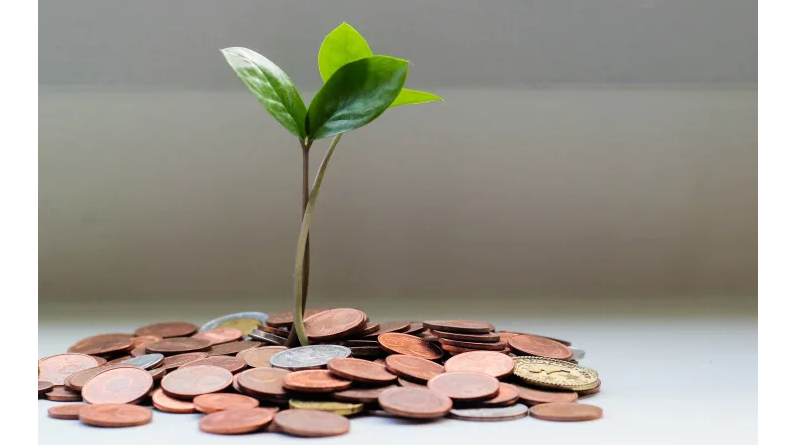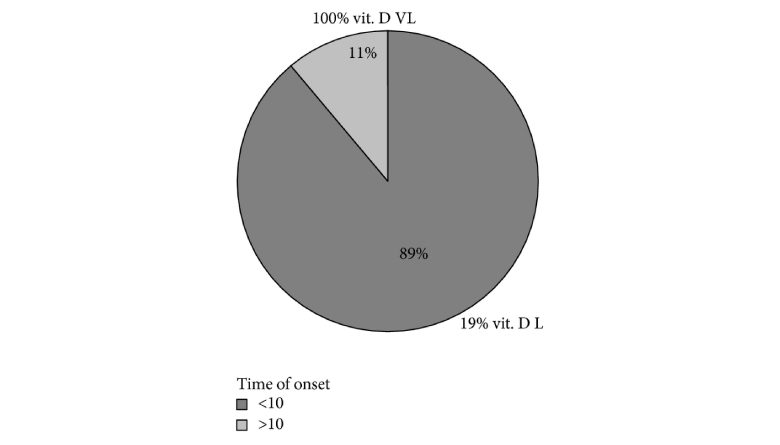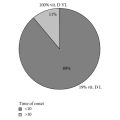It’s easy to let your spending expand in tandem with your income. You spend a bit more on a larger apartment, fancier restaurants, and maybe an extra vacation or two. Lifestyle inflation is a phenomenon that, although seemingly harmless, can have significant monetary consequences. It’s a major barrier to saving for the future and can keep you living paycheck to paycheck, even if your income has increased significantly.
Knowing if you have fallen victim to lifestyle inflation is the first step in preventing it from reducing your ability to save. From there, you can think about incorporating some strategies to avoid it so that you aren’t giving up short-term pleasure for long-term financial security.
Exactly what is the lifestyle inflation that we are experiencing?
Lifestyle inflation, or lifestyle creep, occurs when a person’s spending increases in tandem with their income. Simply put, as your monthly income rises, so does your outgoing monthly expenditure on things like housing, transportation, food, drink, and amusement.
An increase in lifestyle inflation, as reported by Insider, can also result from the elimination of debt. After a person pays off a loan, whether it’s a car loan, student debt, or a mortgage, they often choose to blow through the cash that would have gone towards the loan’s monthly payment on something else instead of saving it or investing it. Clint Camua, regional director and partner at EP Wealth Advisors, tells Insider, “I have seen clients who make more money actually make their financial plans look worse because of lifestyle creep.”
Let’s pretend you found an entry-level position after finishing college that paid $45,000 per year. Following a year of dedicated service, you are promoted and awarded a substantial pay increase, bringing your total compensation to $60,000. You used to only eat out on special occasions, but now you order takeout for lunch and plan ahead for dinner at restaurants all the time. You no longer wish to live with your current roommates and instead opt for a more expensive studio apartment on your own. Your savings and retirement plan contributions have not changed despite your increased income because you continue to have so little disposable income.
Also Read : Here are three ways hotels can increase profits with the help of payment processing technology and strategy
This red flag is lifestyle inflation because…
When it comes to spending, “the more you choose to spend today, the less financial freedom you may have in the future,” Kiplinger warns. A sizable portion of one’s income must be set aside and invested in order to amass significant wealth. That can’t happen unless your income exceeds your expenditures.
Having more money doesn’t mean you have to put off upgrades and renovations. When major life events like getting married or starting a family occur, it may be necessary to increase your spending to maintain or improve your previous standard of living.
A problem arises when one’s rising standard of living consumes such a large portion of one’s income that one is unable to increase savings proportionately to one’s rising level of employment. At that point, your spending habits may make it difficult for you to save enough money for retirement, maintain a sufficient emergency fund, or even make progress towards paying off your debt.










Leave a Reply